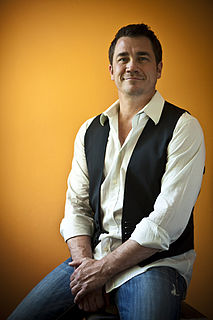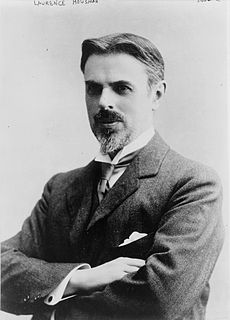A Quote by Daniel Woodrell
Most of my characters aren't hillbillies anyway. Let's just call them proletariat with a disposition towards criminal activity.
Quote Topics
Related Quotes
In existing criminology there are concepts: a criminal man, a criminal profession, a criminal society, a criminal sect, and a criminal tribe, but there is no concept of a criminal state, or a criminal government, or criminal legislation. Consequently what is often regarded as "political" activity is in fact a criminal activity.
The reality is that most celebrity defendants are extremely unknowledgeable, naive and vulnerable, and if they get into trouble they usually call their lawyer friends who handle criminal cases. And if they do not know any, they call their business lawyers, who then refer them to lawyer friends of theirs who handle criminal cases. It's very incestuous.
I hate endings. Just detest them. Beginnings are definitely the most exciting, middles are perplexing and endings are a disaster. … The temptation towards resolution, towards wrapping up the package, seems to me a terrible trap. Why not be more honest with the moment? The most authentic endings are the ones which are already revolving towards another beginning. That’s genius.
The reality is that most celebrity defendants are extremely unknowledgeable, naive, and vulnerable, and if they get into trouble, they usually call their lawyer friends who handle criminal cases, and if they don't know any, they call their business lawyers, who then refer them to lawyer friends of theirs.
And if you had no tongue, no celebrating language, you’d do this: cross your hands at the wrist with palms facing towards you; place your crossed wrists over your heart (the middle of your chest, anyway); then move your hands outwards a short distance, and open them towards the object of your love. It’s just as eloquent as speech.





































